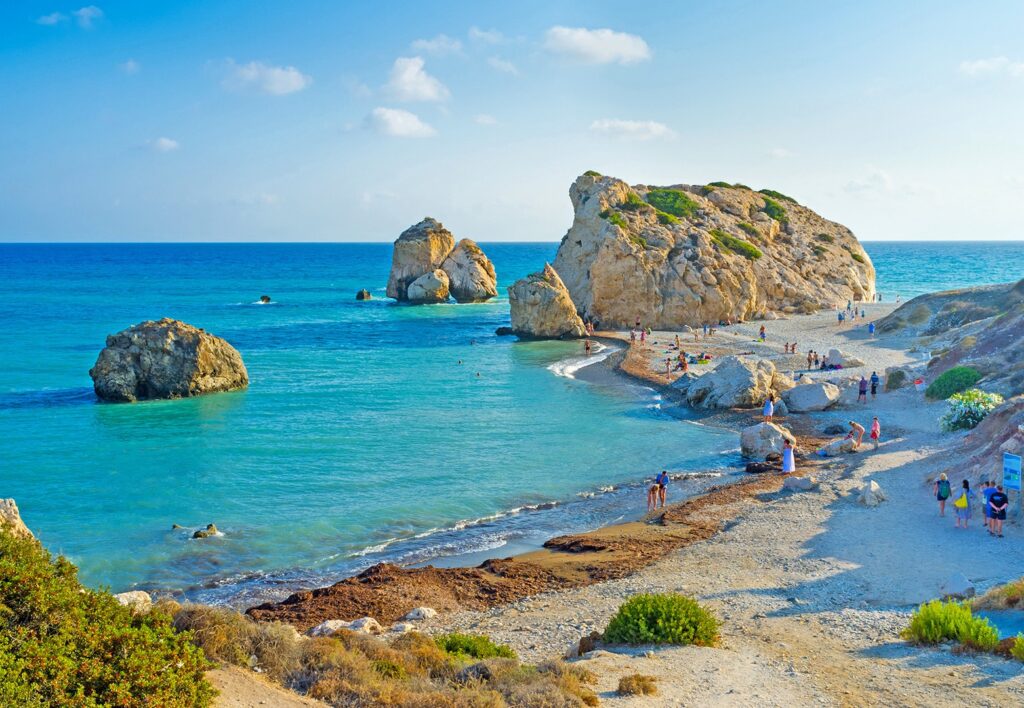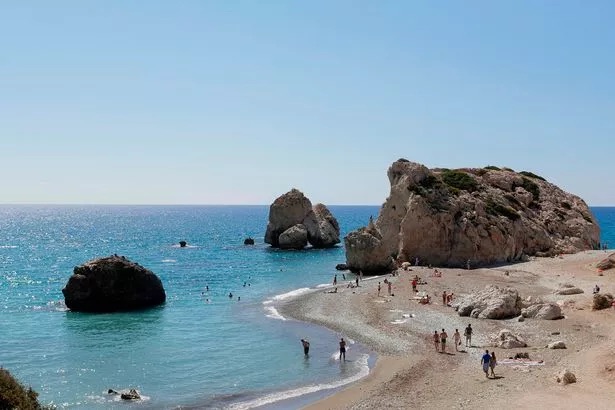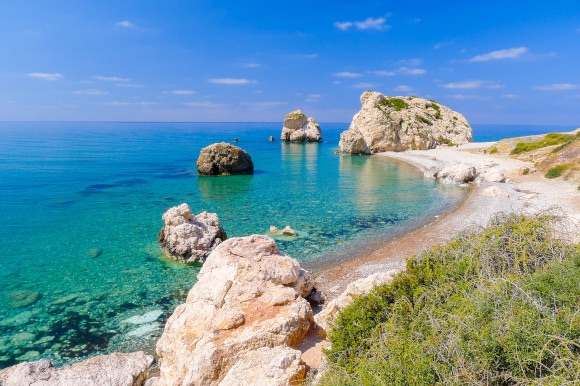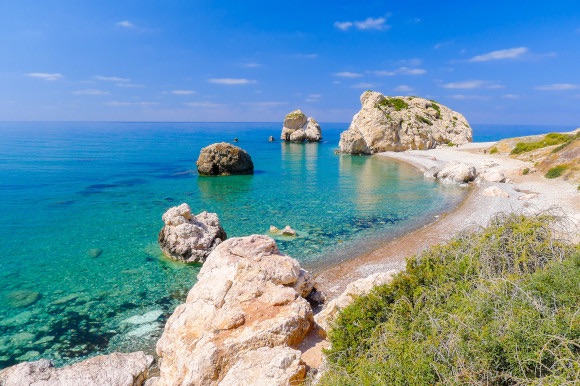For many, an essential part of a holiday is a refreshing swim in the sea or lake. However, to avoid illness and fully enjoy your vacation, it’s prudent to check the cleanliness of the waters you intend to swim in.
According to the European Environment Agency, most of the EU’s swimming spots are deemed safe. Nonetheless, water quality varies depending on the location and type of water body. Typically, seas and oceans have cleaner water than rivers and lakes. In 2023, around 89% of the EU’s coastal waters were rated as excellent for swimming, whereas only about 79% of inland waters achieved the same rating.
Which European countries have the highest quality bathing water?
In 2023, 85% of the 22,081 designated bathing sites in Europe were rated as excellent. Leading the pack, countries like Cyprus, Austria, Croatia, and Greece saw over 95% of their swimming areas earn excellent ratings.
Conversely, countries such as Albania, Belgium, Estonia, Hungary, and Poland performed poorly, with less than 70% of their bathing waters meeting this high-quality standard.

By the 2023 season, 96% of EU bathing waters adhered to at least the minimum quality standards mandated by the Bathing Water Directive (BWD). The report credits robust policies for the enhanced quality of Europe’s bathing waters. Effective treatment and management have reduced pollutants and pathogens, transforming previously contaminated urban areas into safe swimming zones.
Nevertheless, a few EU nations, including Sweden, the Netherlands, Ireland, and Estonia, have over 3% of their bathing sites rated as poor. A poor rating necessitates the closure of the affected site for the following season to safeguard public health and necessitates action to rectify the issues.

Bathing water quality is assessed according to the BWD, which oversees the identification and management of bathing areas within the EU, setting out bathing seasons and monitoring plans for various water bodies. This directive excludes swimming and spa pools.
The significance of water quality ratings lies in their health implications. Ingesting polluted water can lead to gastrointestinal problems such as stomach aches and diarrhea, infections of the ears, eyes, and respiratory system, and in some cases, more severe illnesses.

Since 2015, Paris has undertaken an ambitious project to make the Seine swimmable by the 2024 Olympics, investing €1.4 billion in the effort. Post-Olympics, by 2025, residents will have access to designated swimming zones along the Seine at locations like Bras Marie, Bras de Grenelle, and Bercy.
Significant structural developments have been completed in Paris and its surrounding areas, including upgrades to wastewater treatment facilities with disinfection systems and the construction of the Austerlitz rainwater storage basin, which has a capacity equivalent to 20 Olympic-sized pools.
